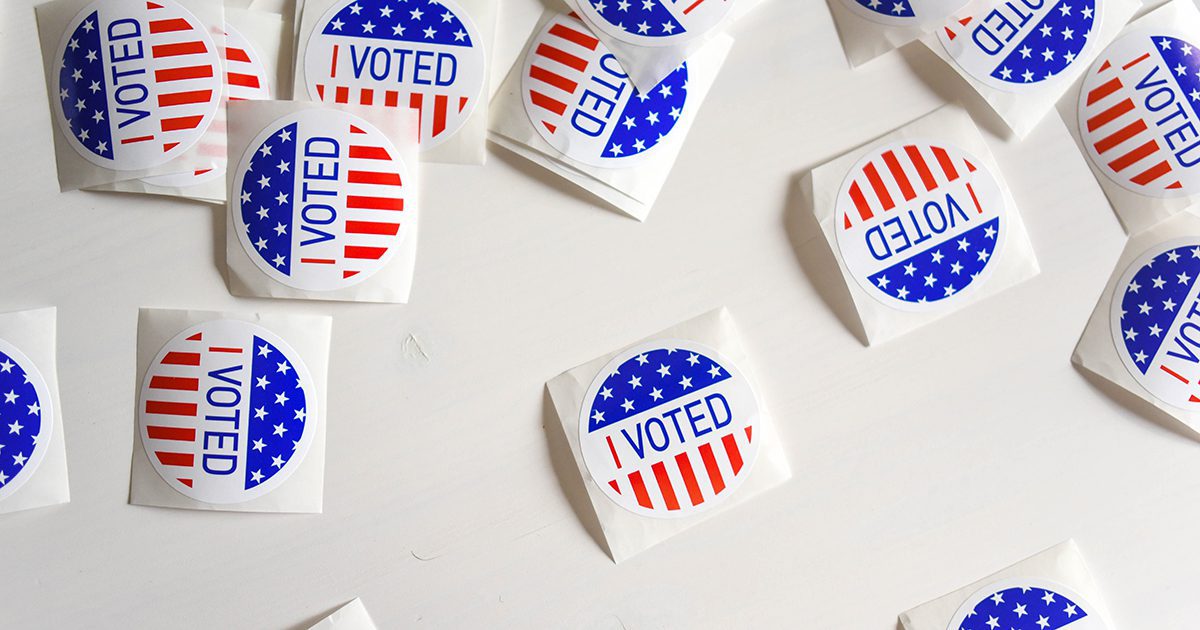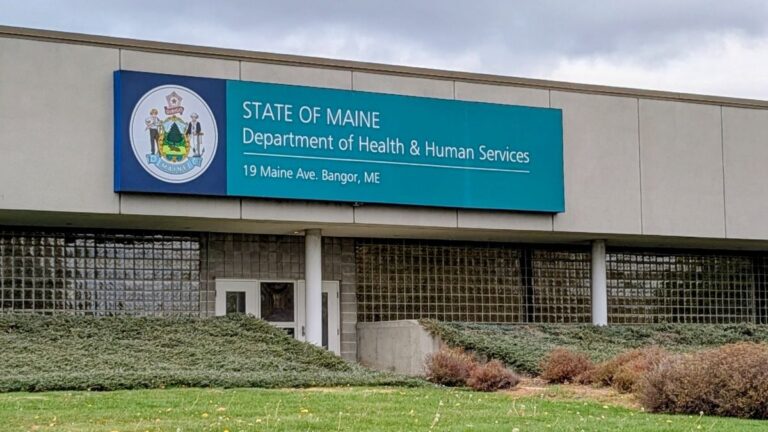The biggest issue in the November elections may not be Trump or Biden. It could be about voting itself.
Whether votes will be counted fairly is turning into a major national argument. A combination of Maine voting and corporate balloting provide a potential answer.
The Republican Party has been remarkably open about its efforts to reduce the number of voters. Its leaders believe the GOP faithful will turn out while others may be discouraged by complex electoral rules or worries about going to the polls during the COVID-19 crisis.
The GOP strategy boils down to limiting the number of voters and laying the groundwork for post-election fraud complaints if voting access expands through mail and electronic balloting. This is not a partisan statement; it is open strategy.
Last week in Virginia, a Republican member of Congress lost his party’s nomination to run again. He charged there had been “voting irregularities and ballot stuffing.” His victorious opponent dismissed the charge, telling reporters: “That’s what losers say.” Exactly.
Donald Trump won the presidency with less than half of the popular vote but with an electoral vote majority. His campaign is following the same plan this year, consistent with GOP voter suppression.
The Democrats have been gearing up to fight attempts to disqualify voters by states imposing an unconstitutional poll tax or impossible eligibility requirements, even for people who have previously voted.
The Maine approach comes into play when voting actually takes place. The idea is to reduce or eliminate any basis for claiming fraudulent voting.
The key is paper ballots. If there is any thought that electronic voting may open the possibility of fraud, paper ballots close the door.
The traditional paper ballot remains an option. It may cause slow counting and require more election workers, but it leaves a tangible record. It amounts to cutting-edge technology.
But there is also the increasingly frequent use of machines that count paper ballots electronically. They produce quickly tabulated and accurate results. In case of doubt, the paper ballot can be reviewed.
Either method works with absentee voting by mail. Voting absentee takes place on paper. Election officials have managed adequate safeguards of this process for decades.
Maine uses paper ballots or a paper backup and absentee voting. Maine’s voter turnout was 70 percent in 2016; the national turnout was only 55 percent.
Almost inadvertently, Maine also has another advantage that produces more voter security. As a rule, each of the state’s precincts is small. Election workers know the voters or the voting roll. Voters need not wait in line for hours.
Counting, even of paper ballots, can be easy and quick with fewer ballots to review. The results, always subject to verification, can be totaled and passed up the line.
The immediate objection might be that Maine is a small state and its example would not work across an entire country.
How about Canada? With a population similar to California and a huge territory stretching from Newfoundland to the Yukon, Canada uses polling places, each with a small number of voters. Even with three major parties, it gets its election results quickly.
If the Maine model is the solution, does that mean electronic voting is not possible? Trump says remote, electronic voting can be corrupted.
The best way to conduct remote voting, maybe even this November, is to use a proven, non-political system, already in existence.
Each year, people who own corporate stock vote in elections of boards of directors and other issues by using electronic services such as Proxyvote or proxydirect. They may also choose to vote by written ballot.
The electronic services are operated by independent companies with no stake in the outcome. They provide extensive safeguards to prevent double voting or tampering with the system.
Neither moving to paper ballots nor using a neutral outside organization for electronic voting requires federal action.
States could act to create smaller precincts and allow paper ballots. They could now explore the rapid redeployment of an electronic service.
Such changes could have two important effects. First, it could reduce the chances for political manipulation of the election. Second, it would take away the possibility that if Trump lost, he could claim fraud, that is, “what losers say.”
Election tampering in the U.S. has been almost nonexistent. Trump’s complaints have made it seem more of a possibility. Needed or not, these changes could slap a lid on dubious charges whose main purpose is to undermine greater voter participation.
Imagine the political effect of a national turnout that was as great as Maine’s.







